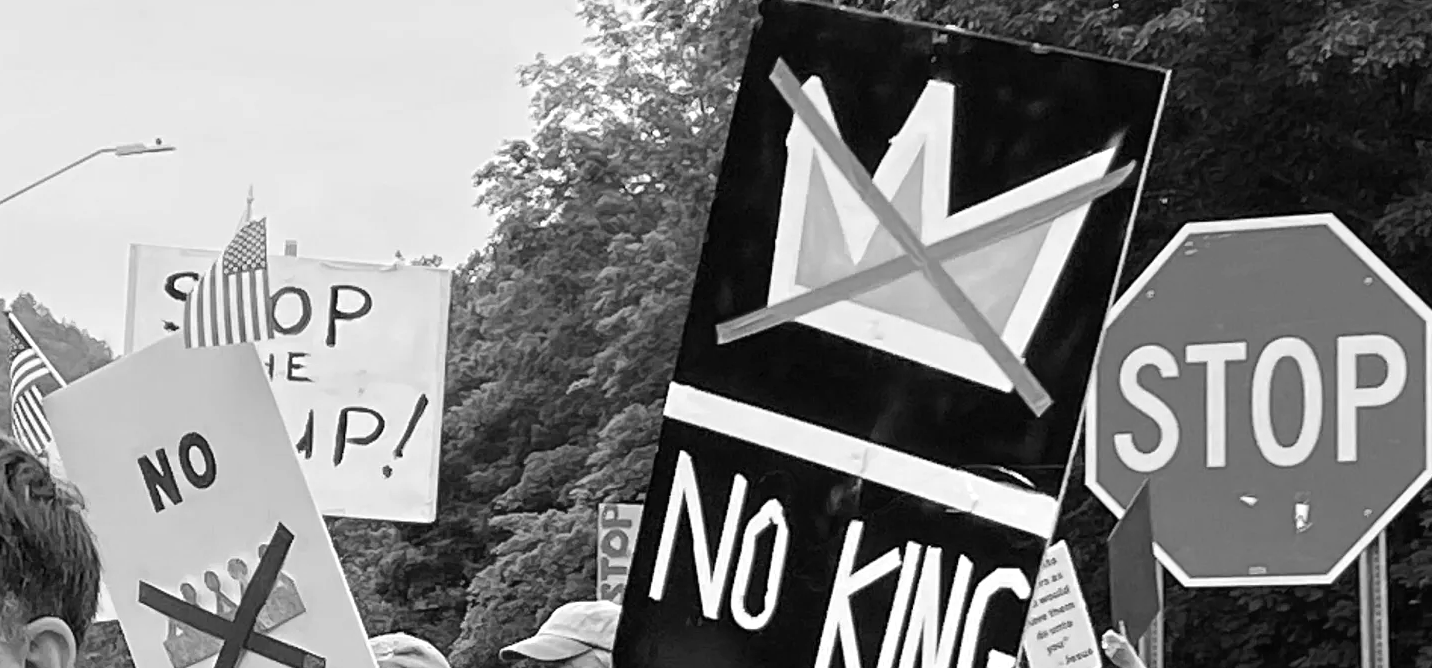Content:

45 Acts of Non-Compliance for Ordinary People
How to Resist
08/17/2025
I think it’s safe to say that we have mastered protest as a form of civil resistance. It’s clear now that we can muster hundreds of thousands, if not millions, of participants into the streets to visibly dissent and demand change; and this is something we are getting very good at.
A much smaller number of folks have stepped into the realm of civil disobedience, i.e., willfully and nonviolently violating laws and statutes in order to defy unjust laws or to draw attention to injustice.
But despite increasing federal overreach, civil servants being replaced by Trump loyalists, federal troops in American cities, the theft of American’s data, the gutting of the American research enterprise, the terrorizing of immigrant communities, the eroding of civil liberties, etc., etc., etc., I have the sense that a great majority of folks in the resistance are still…. waiting.
This is curious, but not entirely unexplainable. The resistance is still young, and our numbers draw on a lot of folks who are either new to civil resistance or coming back to it after a long time. I think, on the whole, we are still figuring out how to organize ourselves into more effective modes of participation. We are also faced with multiple, ever-changing threats that create an atmosphere of chaos and divide our efforts, and I think we are very aware that this is a marathon, not a sprint, and issues of fatigue, burnout, and conserving energy for the long haul are very real considerations. And to be quite honest, there are a lot of people whose lives are proceeding more or less as normal, despite what is happening to the most vulnerable among us.
So today, I want to offer a stepping stone. Collectively, we’ve become very good at saying, ‘I don’t like this, I don’t approve.’ But today I want to explore how we move into ‘I won’t do this. I will not participate and I withdraw my resources.’
The difference between those statements is the difference between dissent and refusal. In a correctly functioning democracy, dissent is a healthy part of the democratic process and should effect meaningful change. But what happens when those processes break down? When the administration is actively damaging our institutions of law and governance, when Congress is no longer representing the will of the people, and the normal channels of dissent (voting, petitions, protest) are no longer functioning as they should? What happens then?
We know from the history of nonviolent movements that at this juncture, the people have a choice. They can give up and forfeit their representative democracy, or they can move beyond dissent into something much harder to ignore.
So what is non-compliance?
Non-compliance is the deliberate refusal to cooperate with authoritarianism by withholding consent, withholding resources, disrupting normalization, and refusing to play along.
We don’t have to imagine what this might look like in America today because we already have plenty of examples of non-compliance in action. I’ve gathered examples of non-compliance that I have seen in the resistance thus far, and have focused on actions that refuse, deny, or counter. Non-compliance can mean many things and take a lot of different forms, and I’m sure all of you have seen examples in your own experience of people who have stood up and said, ‘No, I won’t be part of this.’